BlackBerry ditched by US federal agency for iPhones
US customs agency sets out plan to acquire iPhones for 17,600 staff.

The US Immigration and Customs Enforcement agency (ICE) said it will end its contract with BlackBerry maker Research In Motion in favour of Apple's iPhone.
The agency said in a solicitation document posted last week that it intends to buy iPhones for more than 17,600 employees - a purchase worth $2.1 million.
The agency said it has relied on RIM for eight years, but the company "can no longer meet the mobile technology needs of the agency."
If your handsets are a brick that no one wants to use, it's going to drag down your business.
It also said it analysed Apple's iOS-based devices and Google's Android operating system and concluded that, for the near term, Apple's iPhone services offer the best technology because the hardware platform is tightly controlled.
The agency said the iPhone will be used by a "variety of agency personnel, including, but not limited to, Homeland Security Investigations, Enforcement and Removal Operations and Office of the Principal Legal Advisor employees.
"The iPhone services will allow these individuals to leverage reliable, mobile technology on a secure and manageable platform in furtherance of the agency's mission."
Get the ITPro daily newsletter
Sign up today and you will receive a free copy of our Future Focus 2025 report - the leading guidance on AI, cybersecurity and other IT challenges as per 700+ senior executives
Last week, consulting firm Booz Allen Hamilton said it was dropping BlackBerry and switching to iPhone and Android smartphones for its staff of around 25,000.
Analysts said that other businesses and agencies are likely to follow suit, especially in light of demand for other smartphones.
"You're going to see this happen more and more," said Ed Snyder, an analyst at Charter Equity Research.
"They still have excellent security ... but if your handsets are a brick that no one wants to use it's going to drag down your business."
RIM has high hopes that its new BB10 smartphone, expected in early 2013, will compete with iPhones and Android phones. The BB10 will come equipped with a revamped operating system and is aimed at putting an end to a precipitous decline in RIM's market share over the past year and longer.
"Of course, we are disappointed by this decision," RIM vice president of government solutions Paul Lucier said in an emailed statement. "We are working hard to make our new mobile computing platform, BlackBerry 10, meets the future needs of government customers."
RIM said that, after accounting for the ICE move, it had one million government customers in North America.
RIM's advantage has been what industry experts widely describe as superior security and device-management features that have made the BlackBerry appealing to corporate IT managers and a crucial tool for police, government and military use.
But that advantage is waning with the growing number of providers that help companies beef up security on iPhones and Androids and with Apple working on better security on its devices.
"Apple is really addressing security," Sterne Agee analyst Shaw Wu said, adding that it had improved security with the acquisition of AuthenTec and that it now supports Cisco's VPN.
Wu said RIM's problems were compounded by questions over the company's economic viability.
"Is the company going to be around in the next couple of years?" Wu said.
In addition, he added that "a lot of these enterprises have moved beyond email and voice, on to apps and, with RIM, it's pretty clear that their app ecosystem is very weak."
ITPro is a global business technology website providing the latest news, analysis, and business insight for IT decision-makers. Whether it's cyber security, cloud computing, IT infrastructure, or business strategy, we aim to equip leaders with the data they need to make informed IT investments.
For regular updates delivered to your inbox and social feeds, be sure to sign up to our daily newsletter and follow on us LinkedIn and Twitter.
-
 Cleo attack victim list grows as Hertz confirms customer data stolen
Cleo attack victim list grows as Hertz confirms customer data stolenNews Hertz has confirmed it suffered a data breach as a result of the Cleo zero-day vulnerability in late 2024, with the car rental giant warning that customer data was stolen.
By Ross Kelly
-
 Lateral moves in tech: Why leaders should support employee mobility
Lateral moves in tech: Why leaders should support employee mobilityIn-depth Encouraging staff to switch roles can have long-term benefits for skills in the tech sector
By Keri Allan
-
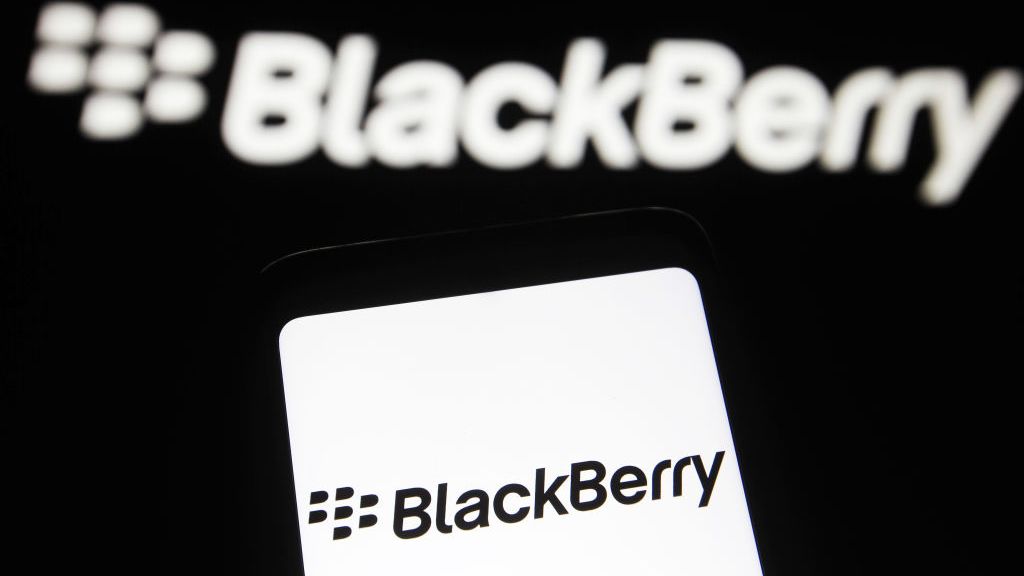 Blackberry revenue falls by 4% as cyber security division takes hit
Blackberry revenue falls by 4% as cyber security division takes hitNews Despite this, the company’s Internet of Things (IoT) division increased its revenue by 28% as it attracted new customers from the automotive sector
By Zach Marzouk
-
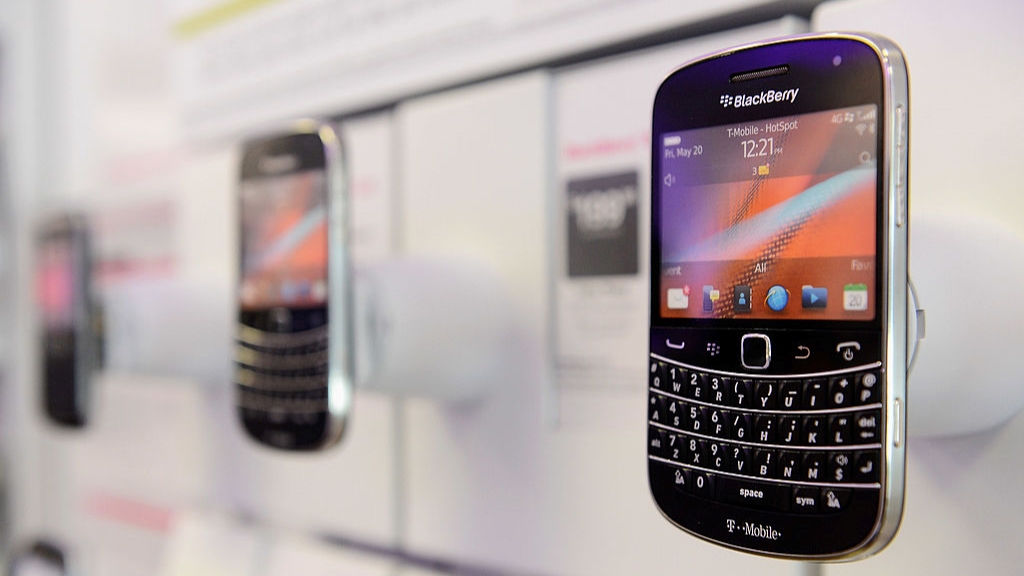 BlackBerry revival is officially dead as OnwardMobility shuts down
BlackBerry revival is officially dead as OnwardMobility shuts downNews The Texas-based startup is mysteriously shutting down and taking its ultra-secure 5G BlackBerry with it
By Bobby Hellard
-
 US lawmakers call for restrictions on software exports to Chinese chip companies
US lawmakers call for restrictions on software exports to Chinese chip companiesNews US government needs broader, systemic restrictions to avoid Chinese military innovation, says letter
By Danny Bradbury
-
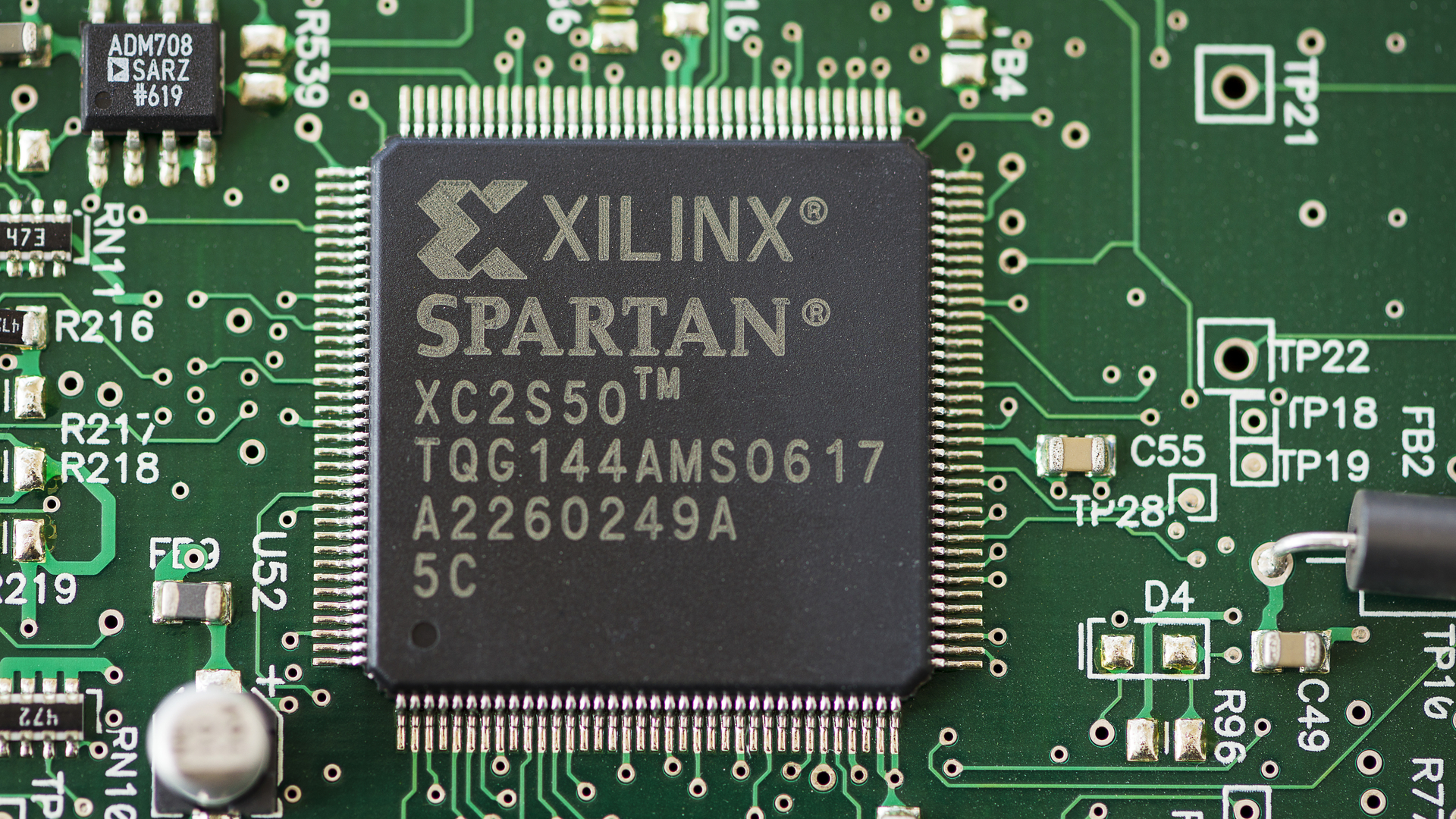 Biden pledges to address the growing chip shortage crisis
Biden pledges to address the growing chip shortage crisisNews The administration is working with businesses to identify and mitigate bottlenecks in semiconductor supply
By Danny Bradbury
-
 BlackBerry and AWS are developing a standardized vehicle data platform
BlackBerry and AWS are developing a standardized vehicle data platformNews Platform will give automakers a standardized way to process data from vehicle sensors in the cloud
By Rene Millman
-
 Pentagon updates wired and wireless connectivity with Aruba
Pentagon updates wired and wireless connectivity with ArubaNews Upgraded networks will support the US Department of Defense’s headquarters and tens of thousands of devices
By David Gargaro
-
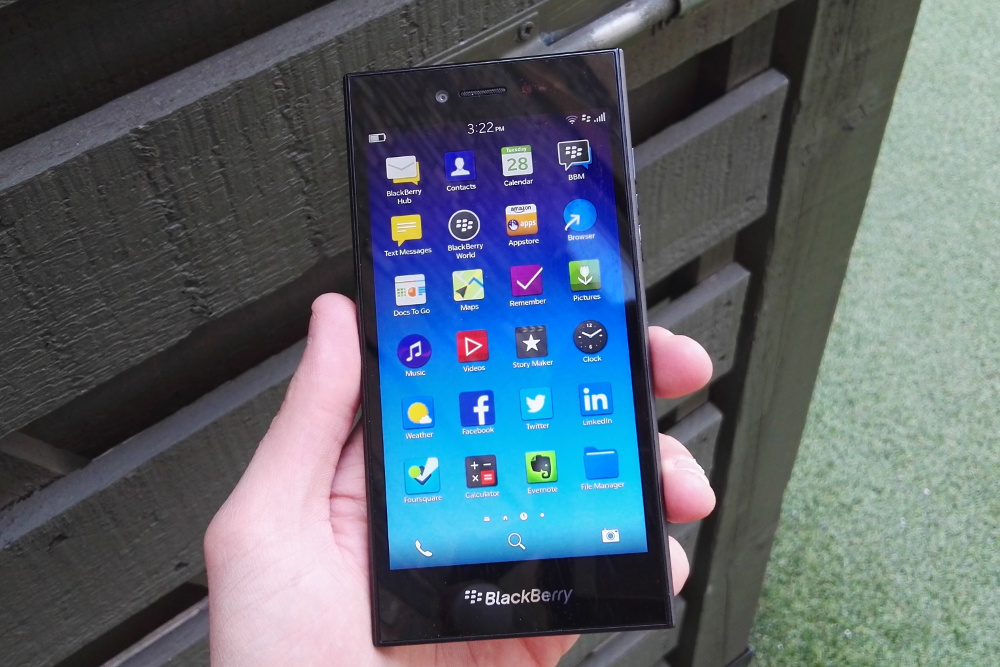 BlackBerry thwarts mobile phishing attacks with new AI tools
BlackBerry thwarts mobile phishing attacks with new AI toolsNews The company's Protect Mobile platform alerts users to potential malware before a link is clicked
By Tyler Omoth
-
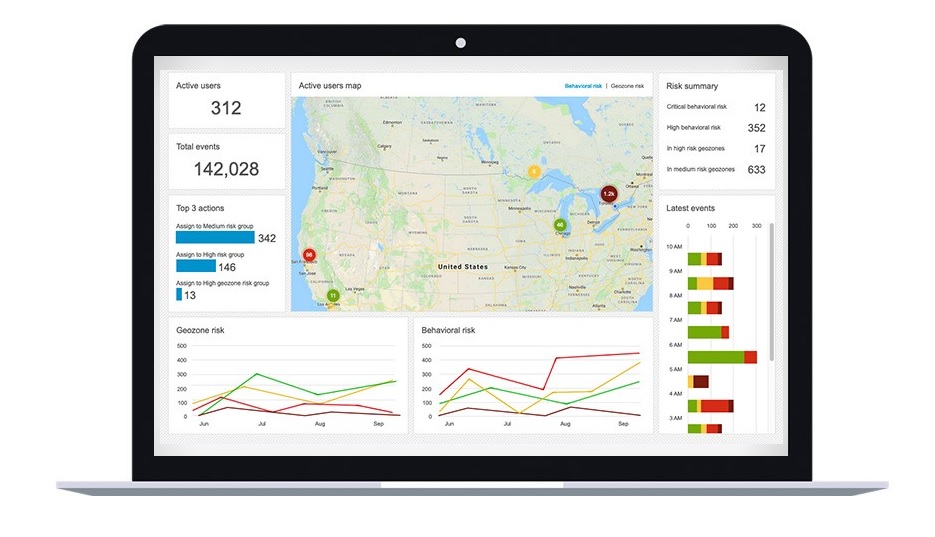 BlackBerry Persona Desktop delivers zero-trust security at the endpoint
BlackBerry Persona Desktop delivers zero-trust security at the endpointNews New security solution learns user behavior and can take action if there’s an abnormality
By Justin Cupler
